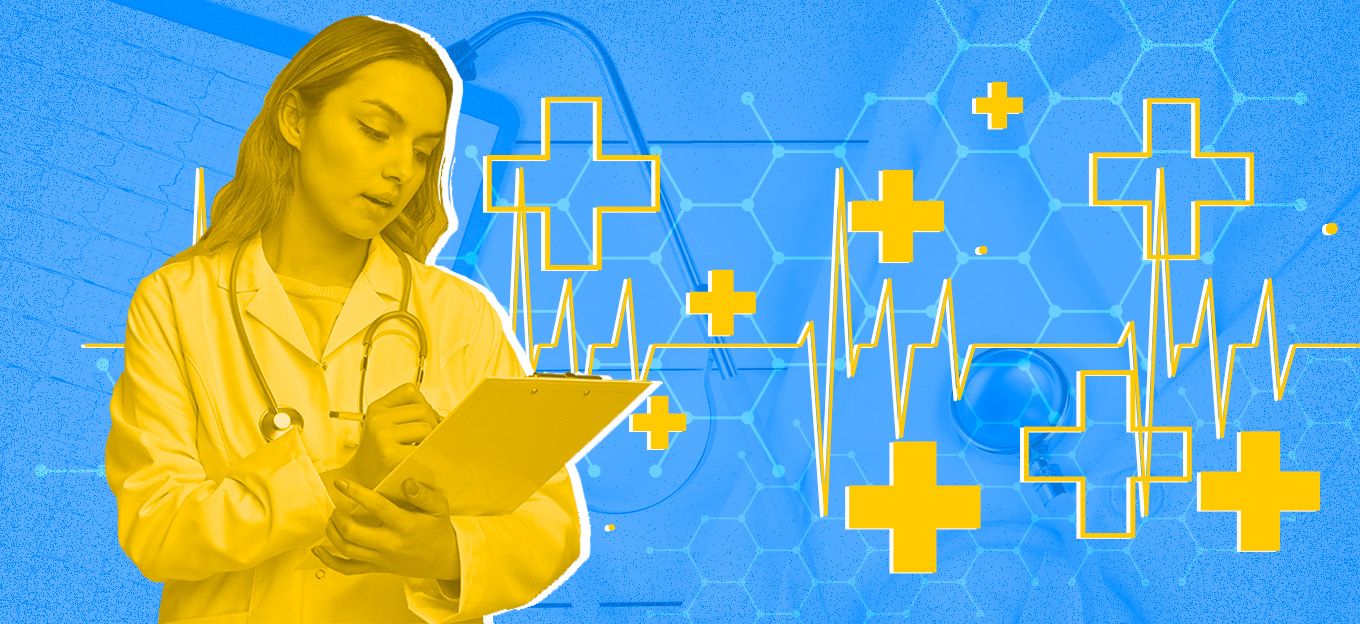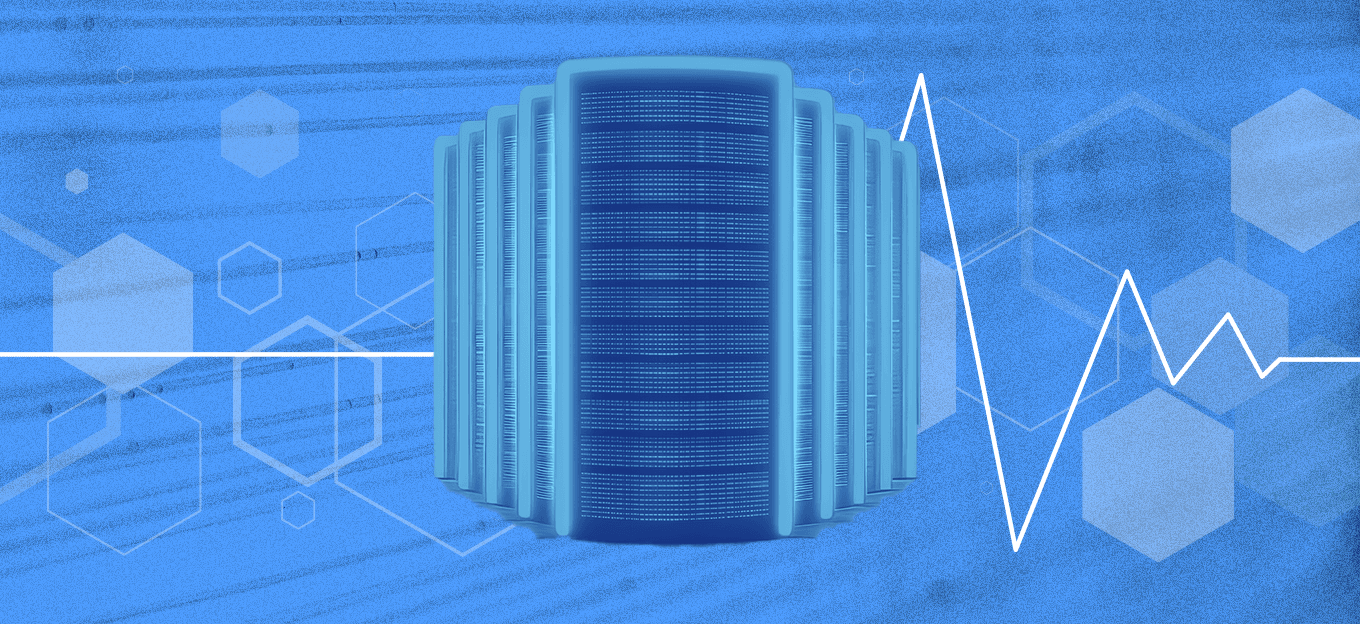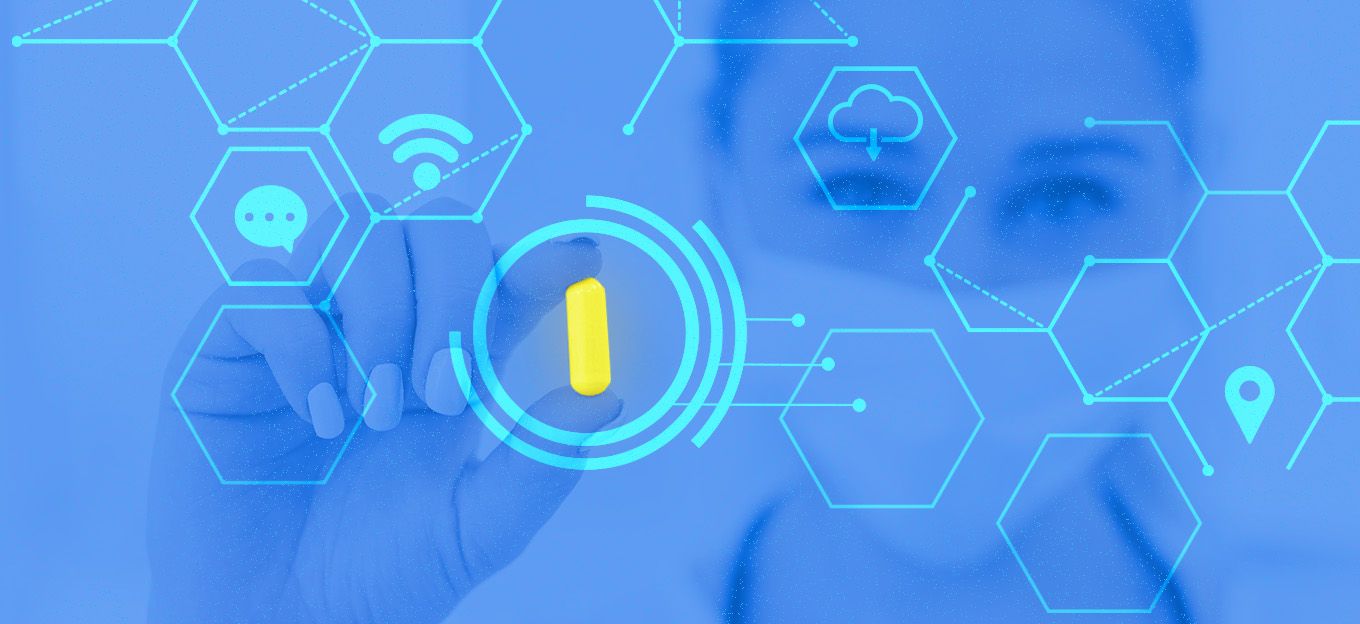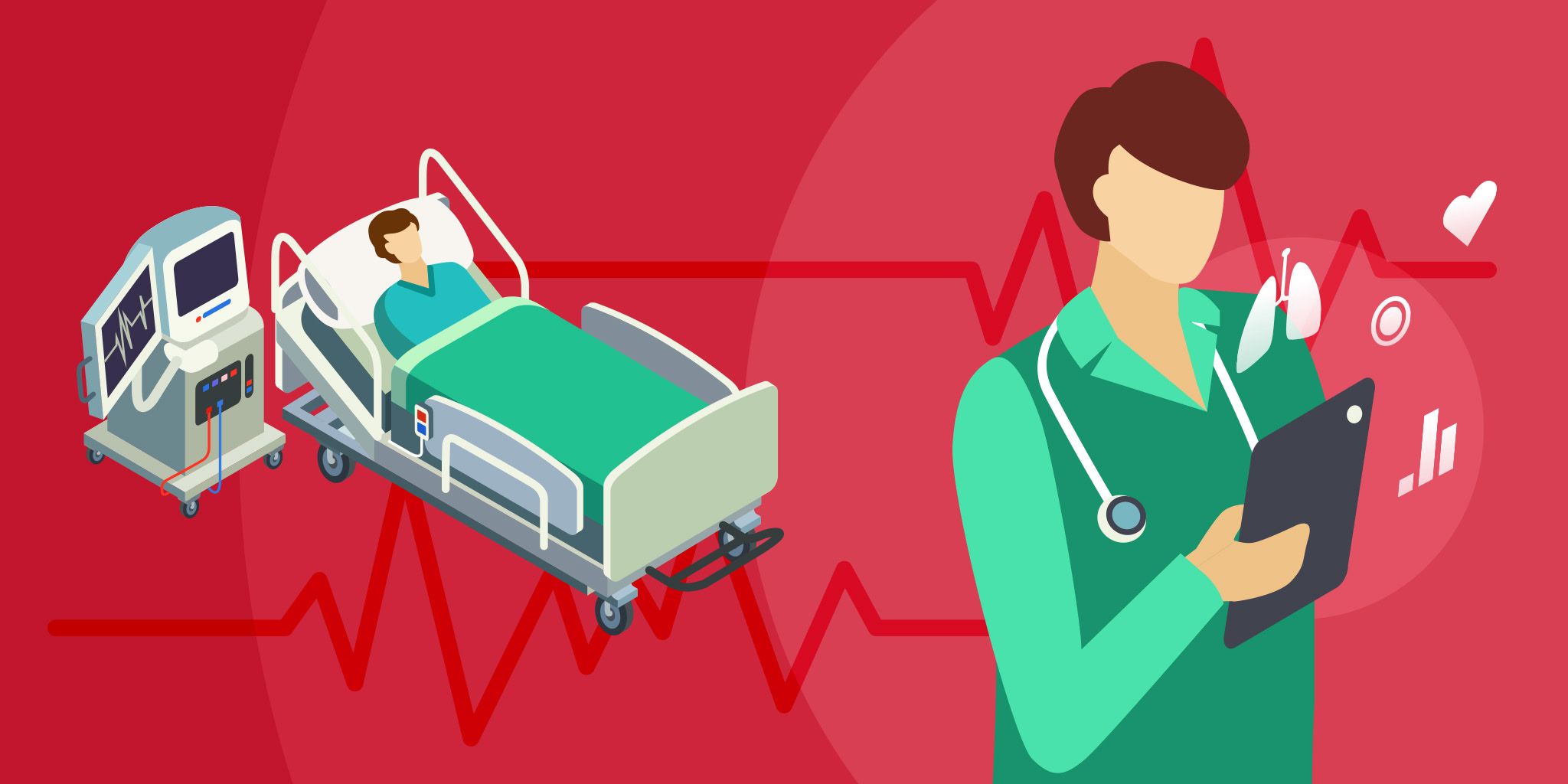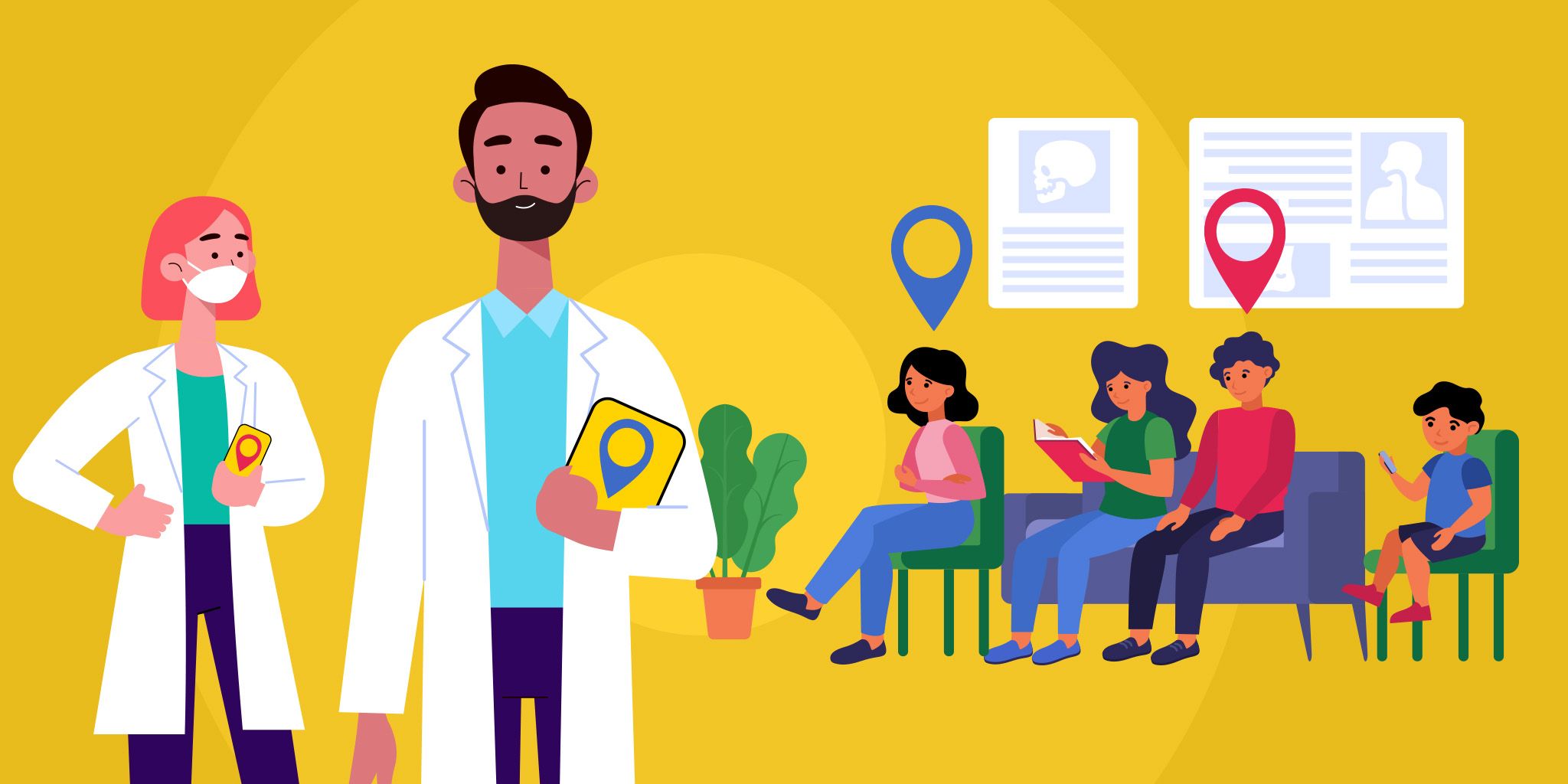How IoT Patient Care Solutions Are Reshaping Healthcare
How IoT Patient Care Solutions Are Reshaping Healthcare
- Last Updated: October 22, 2025
Ubaid Pisuwala
- Last Updated: October 22, 2025
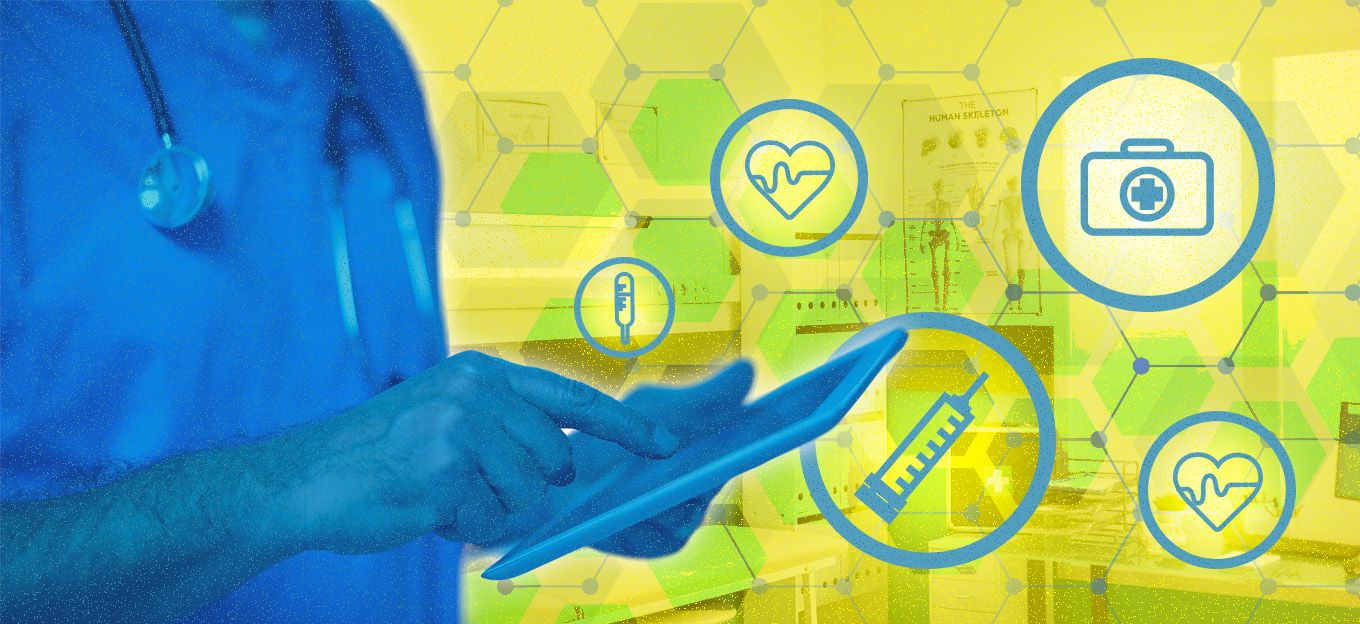


Wearables like smartwatches and fitness trackers gave the first glimpse of how connected devices can support health. But IoT in healthcare has moved far beyond step counts and calorie tracking.
Hospitals, clinics, and care providers are building connected ecosystems that deliver real-time insights, predictive diagnostics, and smarter hospital operations.
This shows the role of IoT in digital health as more than a convenience. It’s about reducing risks, improving efficiency, and giving patients care that’s both timely and personalized. Let’s look at where IoT in patient care is making a measurable impact.
Remote Monitoring Becomes a Standard
Remote monitoring changes how chronic conditions are managed. IoT patient care solutions help physicians track vital signs like heart rate and glucose levels, reducing unnecessary hospital visits and supporting timely interventions. Patients gain convenience and reassurance, while care becomes more efficient.
Chronic Condition Tracking
Remote patient monitoring IoT solutions are changing the way chronic illnesses are managed. Patients with diabetes, heart disease, or hypertension no longer need constant hospital visits. Smart devices send real-time vitals to physicians, allowing quick adjustments to treatment.
Example: Philips cardiac monitoring: Philips has developed systems that track ECG data continuously and notify doctors when irregularities appear. Instead of waiting for symptoms to escalate, physicians can act immediately. This reduces readmissions and provides patients with safer recovery paths.
Benefits for Patients
The IoT benefits for patients here are clear: less travel, fewer emergency hospitalizations, and peace of mind knowing they’re under continuous observation. Remote monitoring shifts healthcare from reactive treatment to proactive care.
Predictive Diagnostics Powered by IoT
IoT patient care solutions are enabling predictive diagnostics that anticipate health issues before they escalate. By analyzing continuous patient data, care teams can act early, improving outcomes and shifting healthcare from reactive to preventive.
Moving from Detection to Prediction
While monitoring focuses on real-time alerts, predictive diagnostics uses IoT data to forecast potential health issues. Continuous streams of patient information help care teams act before conditions worsen.
Example: Cleveland Clinic use case: The Cleveland Clinic leverages connected devices to track post-surgery patients. These systems can identify early signs of infection or complications. Physicians intervene sooner, improving recovery outcomes and reducing the burden on hospital resources.
Patient and Provider Impact
This evolution changes the expectations around care. Patients gain confidence knowing risks are caught earlier, while providers save time and reduce treatment costs. Predictive diagnostics shows the broader role of IoT in digital health as a driver of preventive care.
Smart Hospital Systems and Connected Infrastructure
IoT patient care solutions are creating fully connected hospital environments. From smart beds and automated inventory tracking to IoT-assisted surgeries, healthcare software development services enable hospitals to implement these systems effectively, improving patient safety, streamlining operations, and boosting overall care efficiency.
Smart Beds and Patient Safety
Hospitals are adopting IoT-enabled smart beds that detect movement, posture, and pressure. Facilities like Mount Sinai Hospital use them to reduce falls and pressure-related injuries, directly improving patient safety.
Asset and Inventory Management
IoT in healthcare also supports efficiency. Equipment tracking systems ensure critical devices are available when needed. Automated medicine dispensers help staff deliver treatment on time and with greater accuracy.
IoT-assisted Robotic Surgery
Connected surgical tools give doctors greater precision and capture data for post-surgery analysis. Robotic surgeries assisted by IoT highlight how IoT patient care solutions extend far beyond monitoring devices into advanced clinical practices.
IoT Benefits
IoT patient care solutions offer personalized care for patients and efficiency for providers. A healthcare software development company can implement these systems to maximize safety and real-time insights.
Personalized and Convenient Care
Patients experience more personalized treatment when IoT in patient care connects doctors with real-time data. From smart pill dispensers that encourage adherence to connected inhalers that track respiratory conditions, IoT benefits for patients extend across every stage of treatment.
Operational and Financial Efficiency
Hospitals reduce unnecessary admissions, optimize staff time, and improve claim processes. Insurance companies are beginning to use IoT data to verify claims faster, reducing fraud and improving transparency.
Building Systems with Trusted Partners
Adopting IoT in healthcare requires a strong digital infrastructure. Partnering with a healthcare software development company helps organizations create secure, compliant, and scalable systems. Patients will only trust IoT patient care solutions if their data is protected and used responsibly.
Interconnected Systems
What started with fitness trackers has grown into interconnected hospital systems. Remote monitoring, predictive diagnostics, and smart infrastructure are redefining the patient journey.
Growth depends on building secure systems where patients are confident their data is handled responsibly. Trust remains the foundation of scaling IoT in patient care.
The role of IoT in digital health will expand further as hospitals adopt connected platforms at scale. For patients, this means safer, faster, and more personalized care. For providers, it means efficiency and better outcomes. Beyond wearables, IoT in healthcare is setting the stage for a smarter, more connected future.
The Most Comprehensive IoT Newsletter for Enterprises
Showcasing the highest-quality content, resources, news, and insights from the world of the Internet of Things. Subscribe to remain informed and up-to-date.
New Podcast Episode

IoT in 2026: Trends and Predictions
Related Articles
